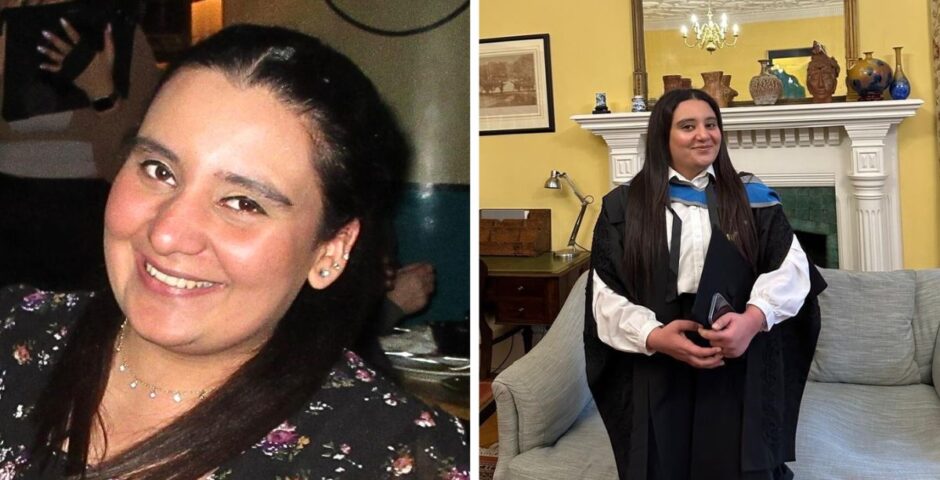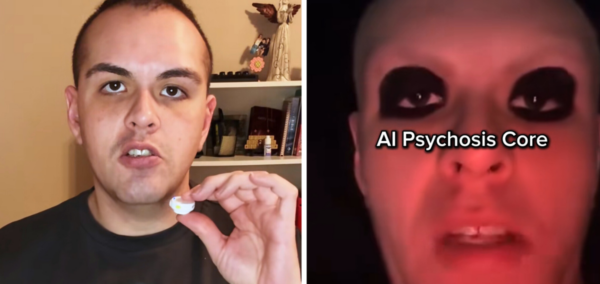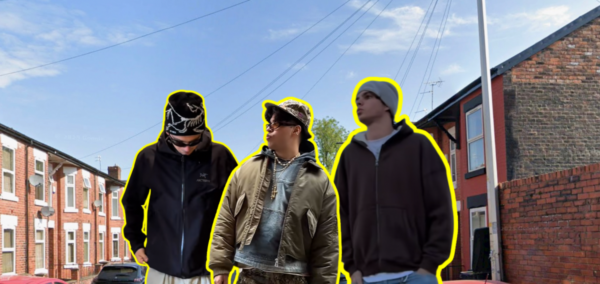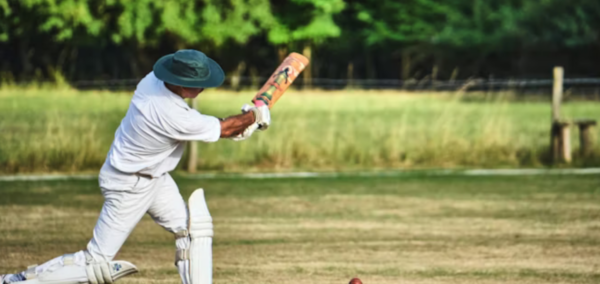
I was assaulted on the train – this is what I wish people around me had done to help
‘Don’t be completely passive – there’s always something you can do’
Last January, during her fourth year studying French and Spanish at King’s College, Leela was assaulted by a drunk man on the DLR. She was sitting in a window seat on the way home from visiting her sister in Stratford at 10pm when the stranger leered at her. “I was completely covered up,” she says. “I was even wearing a face mask. I felt like I’d done everything right.”
“He cornered me, harassed me, and touched me inappropriately,” she says. “It was a seat of two and I was in the one by the window. When he came over to me, he basically had me cornered. If I do get the DLR now I won’t ever sit there…I’ve become a lot more nervous.”
Leela was able to get away from the man, who was in his 40s or 50s, thanks to a younger guy who asked the drunk to move so he could sit next to Leela and act as a barrier to protect her. But the older man came back, forced him out of his seat and began to kiss and touch her.
In the end, the younger man held the drunk guy back in his seat so Leela – who had frozen still in fear – could escape the train. “[That man] offered me an escape,” she says. “ I don’t know if anyone further down the carriage would have helped or noticed. I’m really glad he was there.”

Leela was studying French and Spanish at King’s College London when a man harassed her on the DLR
Most Read
The drunk man showed no remorse for the terror he’d caused Leela. “He was just laughing when I got off the train,” she says. “I thought ‘The likelihood is that you’re not going to remember this. You wouldn’t remember me if you saw me again. But I would remember you. I remember what happened’. And I feel anger that [men] think that’s okay. They see that you’re not into it at all–you’re just scared. And they feel like they’ve got power over you.”
After Leela got off the train, she was completely alone in the dark night, having just been assaulted, while she waited for her sister to come and get her. “It was quite upsetting just standing there alone,” she says. “It was sad. It would have been nice to have someone there afterward, just asking if you’re okay, offering any sort of support.”

Leela was offered a chance to escape after a young man intervened and helped her
The police didn’t find the man who assaulted Leela that night but she still encourages other people to go forward to the police with their stories. A year on from the incident, she still, understandably, feels “angry” and “violated” by what happened: “I was just trying to go home,” she says. “I was just minding my own business and I wish that he would have done the same.”
For the first time during her four years at uni, Leela applied for mitigating circumstances to give herself a deadline extension on a 4,000 word essay worth the entire grade of one of her modules. “I was nervous about doing it,” she says. “I was like ‘what if they don’t believe me’. That would have been really difficult. I did have a screenshot of email interactions with the police…But it did make me wonder– if I didn’t have that, would the outcome have been the same?”
“I just needed time to process my emotions. I was all over the place. The constant back and forth with communicating with a police officer was a lot because they take your statement on the phone word by word,” she says. “It took a long time. It was distracting.”

Leela is encouraging other people to offer help and support to women if they see harassment taking place
But, despite Leela’s concerns about the process for applying for mitigating circumstances, her true worry is that the help she received from a stranger on the night she was assaulted is so rare. In fact, in the UK, over half of women (54%) who experience harassment or abuse say nobody stepped in to help or support them.
“You don’t have to get directly involved or put yourself in harm’s way,” Leela explains. “Tell someone who’s an authority figure, sometimes there’s police. For girls especially, pretending to know the victim, say ‘oh hi, how long has it been?’ just to make a diversion. Any help is help. You don’t have to be in the thick of it. Not completely ignoring it is the most important thing.”
“Everyone has a role to play in preventing violence against women and girls,” she adds.“If you’re too scared to approach and intervene yourself, then look around – see if there’s someone nearby who can help. Just don’t be completely passive – there’s always something you can do. I know it’s easier said than done sometimes, but any help is help, even if from afar.”
For more information on how to safely tackle violence against women and girls visit the Enough campaign at www.gov.uk/enough
Related stories recommended by this writer:
• Everyone’s Invited founder: ‘Students need to challenge rape culture in real time’
• All universities have been told to urgently review their sexual assault policies
• Investigation: Why do just one in 14 students report sexual assault cases to their uni?

















